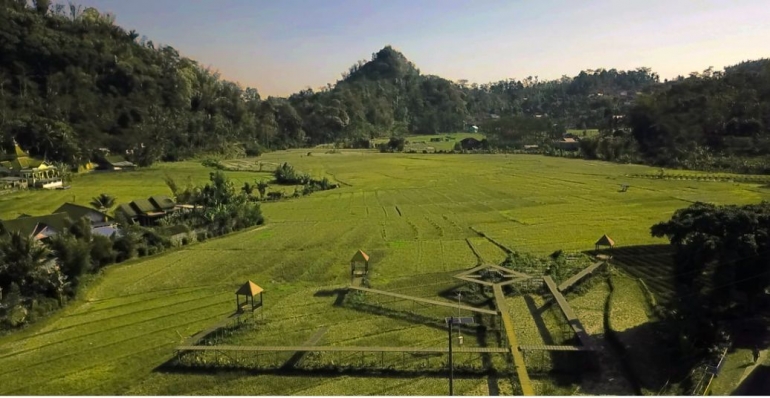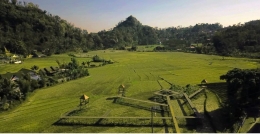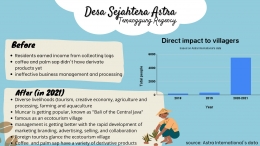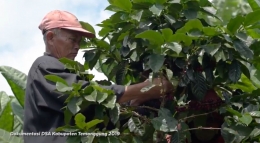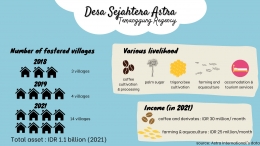Investing on the ecotourism districts still relative new and unfamiliar among investors. The boroughs usually get grants, either from the government fund, global development fund, or non governance organisations (NGOs).
In Indonesia, only 1,800 villages or 2.2% have become ecotourism villages from a total of 83,381 villages in over 34 provinces across the archipelago in 2021, the Ecotourism Villages Association (Asidewi) recorded.
Ahmad, the hamlet mover argued if Muncar village and others are relatively open to investment, with a balanced portion between the community and investors.
“We open to investment potential, such as profit sharing, whether it be lodging facilities, transportation, swimming pool, or other recreational facilities. However, we also want to be sovereign, without have to selling our own assets,” he added.
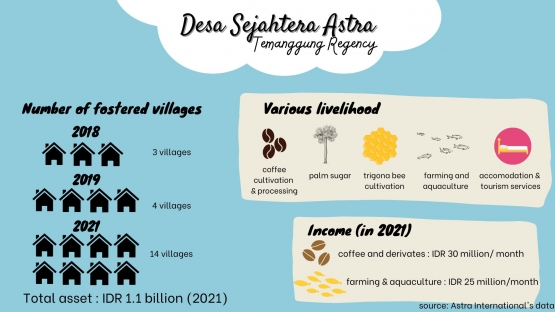
According to the World Tourism Organization (UNWTO), the United Nations Specialized Agency for Tourism, the tourism not only helps to provide jobs creation and reduce poverty, but also contributed to 10% of the world GDP in 2017. It projected 57% of international tourist arrivals in 2030 will be in emerging economies.
Tourism also could reduce 5% of world CO2 emissions, and can be a vehicle for protecting and restoring biodiversity.
"We have committed to support the Sustainable Development Goals in Indonesia, therefore we bring a sustainable social contribution that focuses on entrepreneur empowerment in the village scale," Boy Kelana Soebroto, Head of Corporate Communication at Astra, said.
Follow Instagram @kompasianacom juga Tiktok @kompasiana biar nggak ketinggalan event seru komunitas dan tips dapat cuan dari Kompasiana. Baca juga cerita inspiratif langsung dari smartphone kamu dengan bergabung di WhatsApp Channel Kompasiana di SINI




